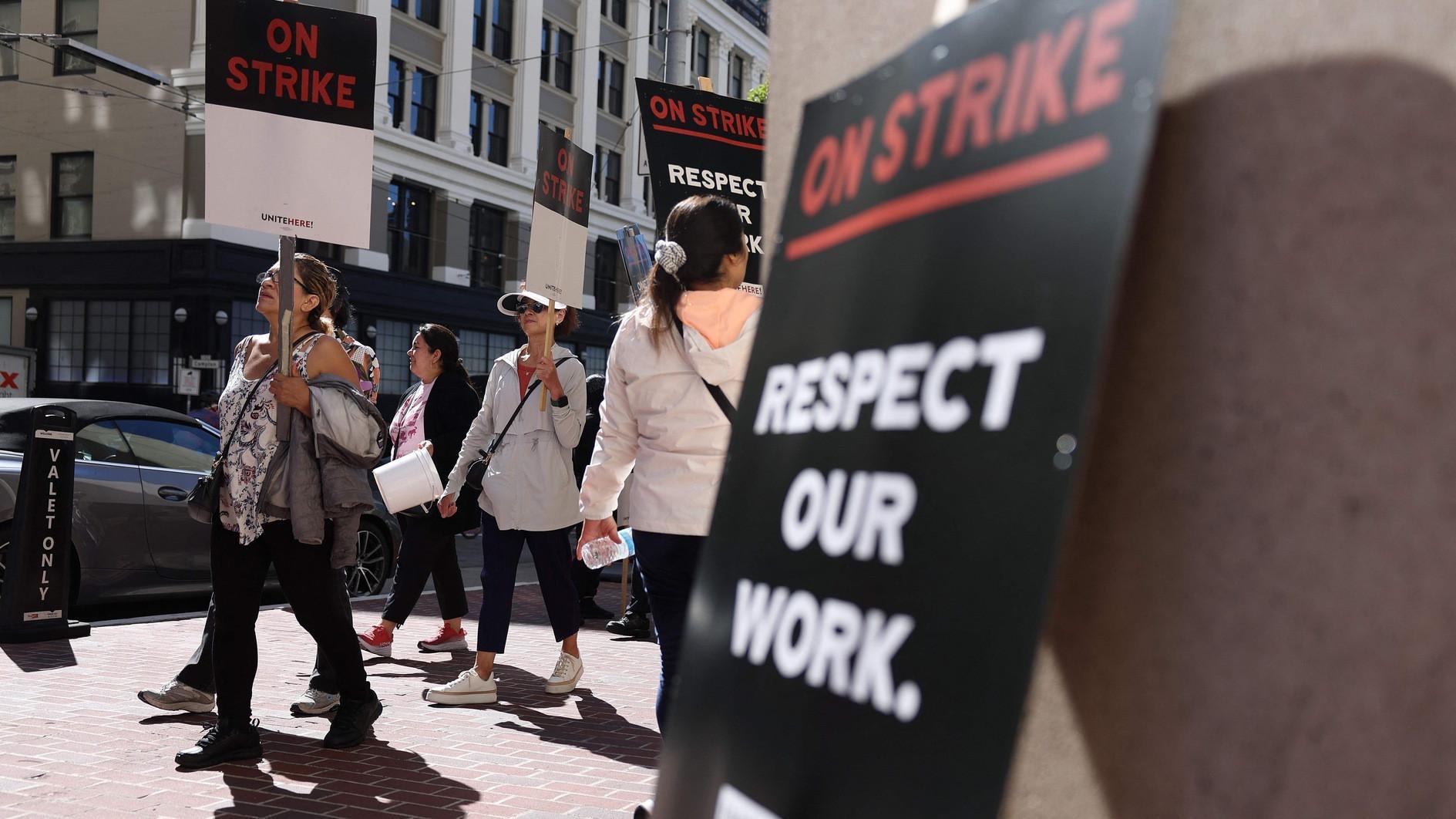
Workers have seen their slice of the global income pie shrink significantly over the past two decades, swelling inequality and depriving the combined labor force of trillions, the U.N. said on Sept. 4.
The United Nations' International Labor Organization said that the global labor income share, or the proportion of total income in an economy earned by working, had fallen by 1.6 percentage points since 2004.
"While the decrease appears modest in terms of percentage points, in 2024 it represents an annual shortfall in labor income of $2.4 trillion compared to what workers would have earned had the labor income share remained stable since 2004," the ILO said in a report.
The study highlighted the COVID-19 pandemic as a key driver of the decline, with almost half of the reduction in labor income share taking place during the pandemic years of 2020-2022.
The global crisis exacerbated existing inequalities, particularly as capital income has continued to concentrate ever more among the wealthiest, it said.
"Countries must take action to counter the risk of declining labor income share," Celeste Drake, the ILO deputy director-general, said in a statement.
"We need policies that promote an equitable distribution of economic benefits, including freedom of association, collective bargaining and effective labor administration, to achieve inclusive growth, and build a path to sustainable development for all."
The ILO stressed that technological advances, including automation, were a key driver of the declines in labor income share.
It voiced particular concern that the artificial intelligence boom risked deepening inequality further.